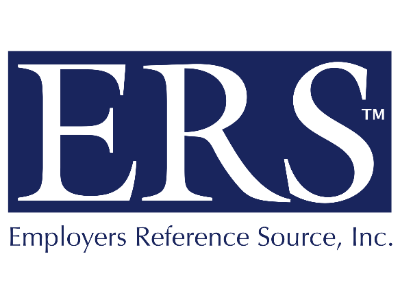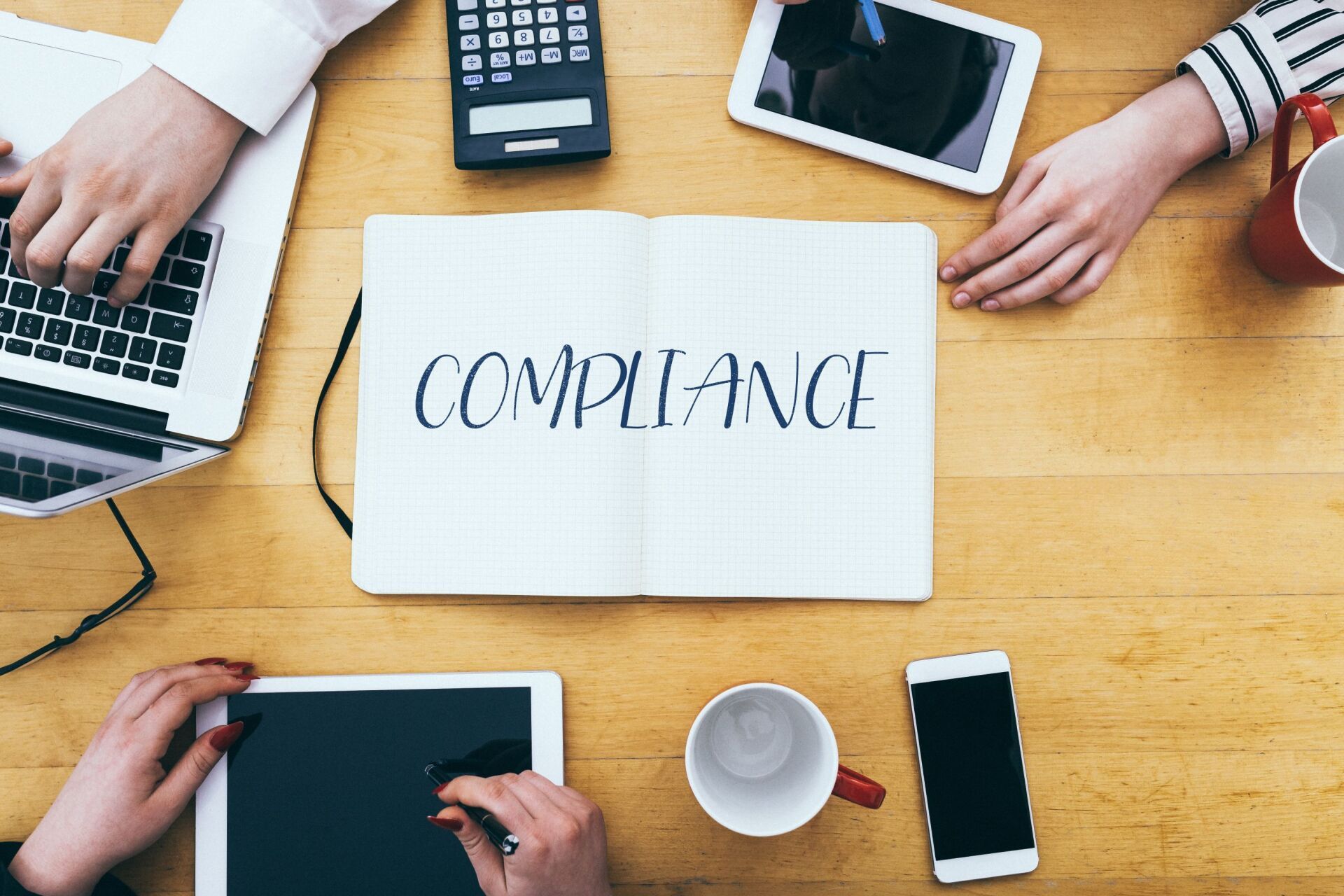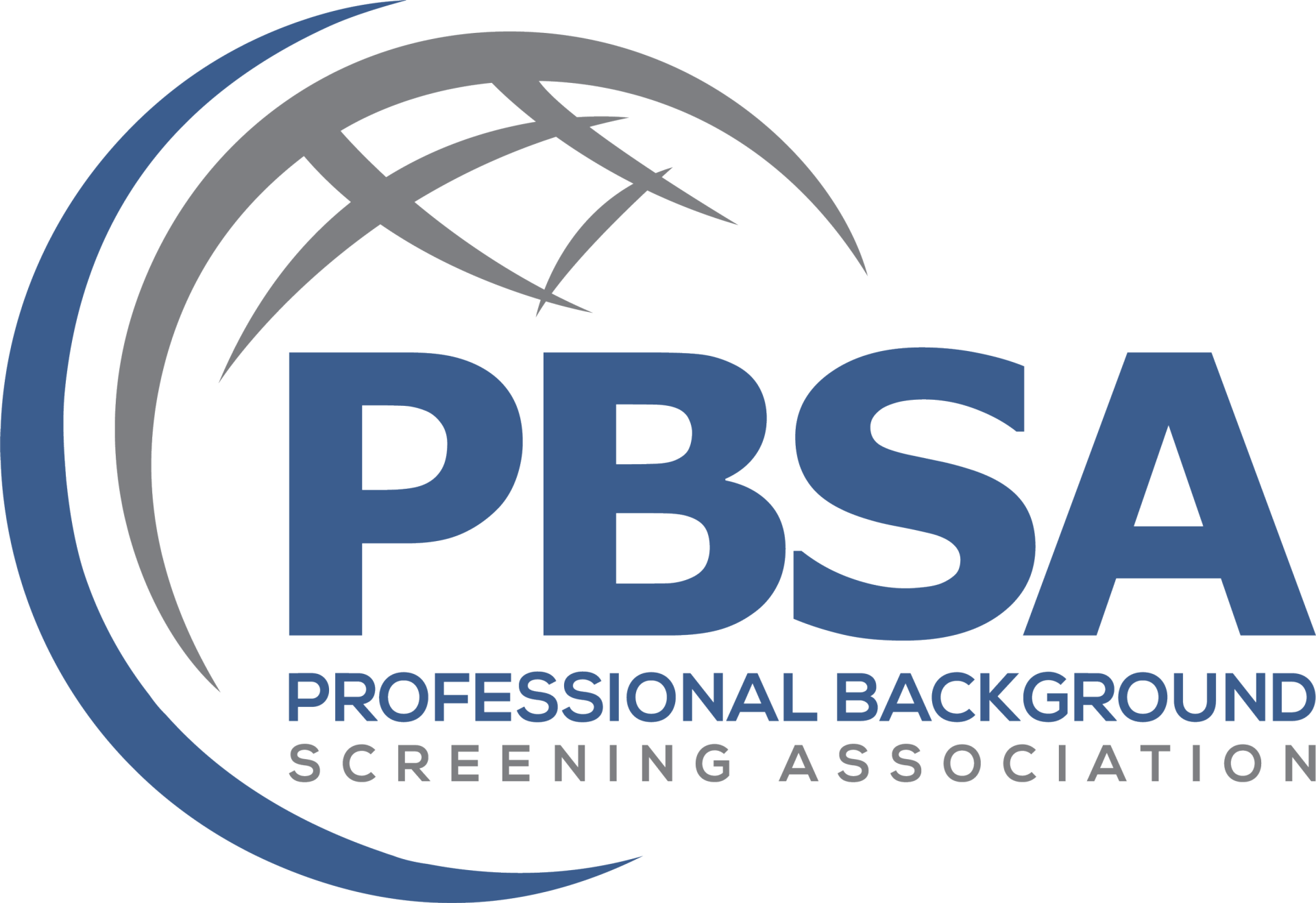New CT Law: Employers Can Not Ask Age or Dates of Schooling on Initial Job Applications
The most critical step in performing background checks and academic verifications, is ensuring the correct individual has been identified in the records being examined. Due to a recently enacted Connecticut law, employers may no longer request some of the details most commonly used in these screenings, as of October 1, 2021.
What Is Connecticut's New Law?
In an attempt to protect job seekers from age-discrimination and to improve privacy protections, Public Act 21-69 mandates that employers can no longer ask for certain personally identifying information (PII) in initial job applications. Specifically prohibited are:
- Date of birth (DOB) or age
- Dates of school attendance and/or graduation dates
The only exception is if any of those details are a specific requirement of the position or needed for legal or regulatory compliance. The law applies to any employer who has at least 3 employees.
Why Are Age and Dates of Schooling Important for Background Checks?
Because correct matching of job applicants and the records used in screening them is so critical, the more opportunities to accurately match them, the more efficient the process can be. Birthdates and ages are one of the most effective ways to reduce the field of possible matches to a manageable number. For example, there may be hundreds of Jane Smiths in a set of records, but only a dozen born in a given year. When performing criminal background checks, the Fair Credit Reporting Act (FCRA) requires that more details than just names be used to match individuals with criminal records, so these additional details are vital.
Effect of the New Connecticut Law on Background Screenings
Because the Connecticut law prohibits employers from including age, birthdate, or dates of schooling on initial job applications, background searches become more challenging. Some consequences of this law are expected to include:
- Longer time required to perform checks/verifications because fewer details are available to limit the field of potential matches
- Increased costs for employers because checks will be more involved and time-consuming
- Some checks may be nearly impossible, particularly when job candidate names are very common
At Employers Reference Source, Inc., our expert team can provide the background screenings you require to ensure the safe, quality workforce you need. Contact us today to learn more about our full spectrum of screening services.










